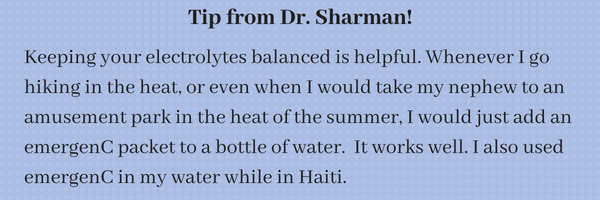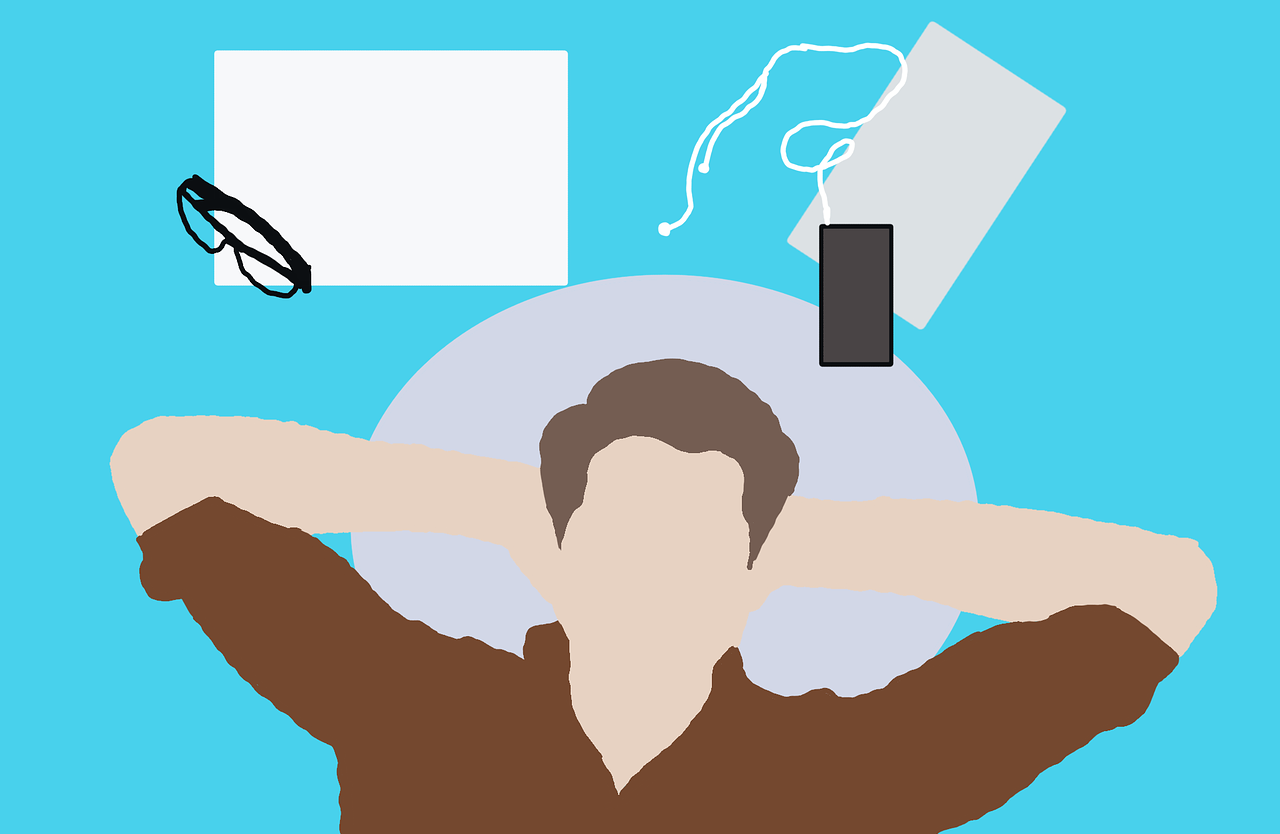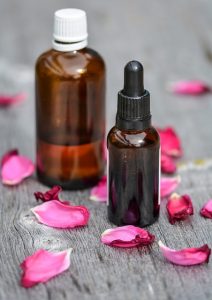
Taking it Seriously…and Preventing Heat Stroke
Heat stroke is something most folks have heard of…but may think is not a risk for themselves. But with the summer months and heat index in full swing, it’s something everyone should know about.
We tend to think of serious athletes – marathon runners, for example – or maybe even people who work in landscaping or farming as being the kind of people susceptible to heat stroke. The reality is that the average person, in the right conditions, could suffer from heat stroke.
So what causes heat stroke?
Heat stroke occurs when your body can no longer regulate your core temperature. When you become overheated, those natural processes can fail and your body can’t cool itself. This is due to high temperatures, excessive physical activity or a combination of both.
Biologically, our bodies release heat by sweating. First, our blood vessels begin to swell, or dilate, causing our skin to look red. Blood then flows close to the surface of our skin so that we transfer heat from our skin into the air. As well, our muscles cause our body hair to lay down flat to further increase heat loss. Then our glands secrete sweat onto our skin in order to increase heat loss by evaporation. This process continues until our body temps return to normal.
But in heat stroke, we sweat so much that we become dehydrated. When our bodies run out of fluids to sweat and we haven’t been drinking enough water to supply more fluids, our body temperature will continue to rise. At that point, heat stroke symptoms kick in.
Symptoms
It’s really important to be aware of the signs of heat stroke so if you are outside in the heat and are struggling to cool down, you can get the help you need. Heat stroke typically has a few warning symptoms to let you know it’s coming. Be aware if you begin to experience any of these:
- Fainting – also known as heat syncope occurs when your blood vessels dilate so much that it reduces blood flow to your brain. You may not completely pass out but feel dizzy, light-headed and even nauseous.
- Muscle cramps – may occur even if you aren’t doing anything strenuous. This is also a warning sign of dehydration.
- Heat exhaustion – is simply feeling ill from the heat…nauseous, weak, head aching, clammy and even like you may throw up. Your skin may actually become dry, due to lack of fluid for sweating. If left untreated, heat exhaustion can easily advance to heat stroke.
Full-on heat stroke is a serious medical emergency. It can lead to brain damage, organ failure and even death, if untreated. Aside from the warning signs previously mentioned, sufferers of heat stroke may experience confusion/delirium. Their urine turns a dark-brown color. They may have a seizure. They may have shallow breathing.
Prevention
The obvious solution, once you start experiencing the warning symptoms, is to get out of the heat. As well, you’ll need to get access to water quickly. Before you begin any activities outdoors, you should know if you have any risk factors that make you more prone to heat stroke.
But in general, heat stroke is preventable…in many very commonsense ways.
For starters, drink plenty of water – not just during your activity but the day before. Hydrating your body well in advance is half the battle. You can also eat more hydrating foods, such as watermelon, tomatoes, and avocados as a means of getting more water into your body. Avoid alcohol and caffeine, as they have a tendency to dehydrate the body.
If you can avoid direct sunlight, you should. Limit your outdoor time on particularly hot days to the hours when the sun is less severe. Get into the shade to take breaks from the sun and heat. Use an umbrella for protection. And make sure the clothing you wear is lightweight but can provide some protection from the bright sun.
Know your medications. Some medications may affect your ability to deal with higher temperatures. Antibiotics are one such example. So are antidepressants, antipsychotics, antihistamines, laxatives, diuretics and medications for heart disease, blood pressure, cholesterol and seizures. Talk to your physician if you take any of these medications and learn what your risks may be.
Get cool. On some days, you will just need to avoid the heat altogether and stay indoors with good air conditioning (fans may not be enough). If you must be outdoors, take breaks and get into an air-conditioned space to allow your body time to cool down. You may even want to take a quick, cool shower or get cool cloths and apply them to your neck during your breaks.
Final thoughts
Please watch out for others in your life – especially the elderly – who may be susceptible to heat stroke. If you’re with someone who is displaying heat stroke symptoms, call 911 immediately. Then move the person to a cool place, apply cool compresses and wait for the medical professionals to arrive.
Heat stroke is a serious medical emergency. Immediate treatment is vital. So be aware this summer for your own sake and for those you love.



